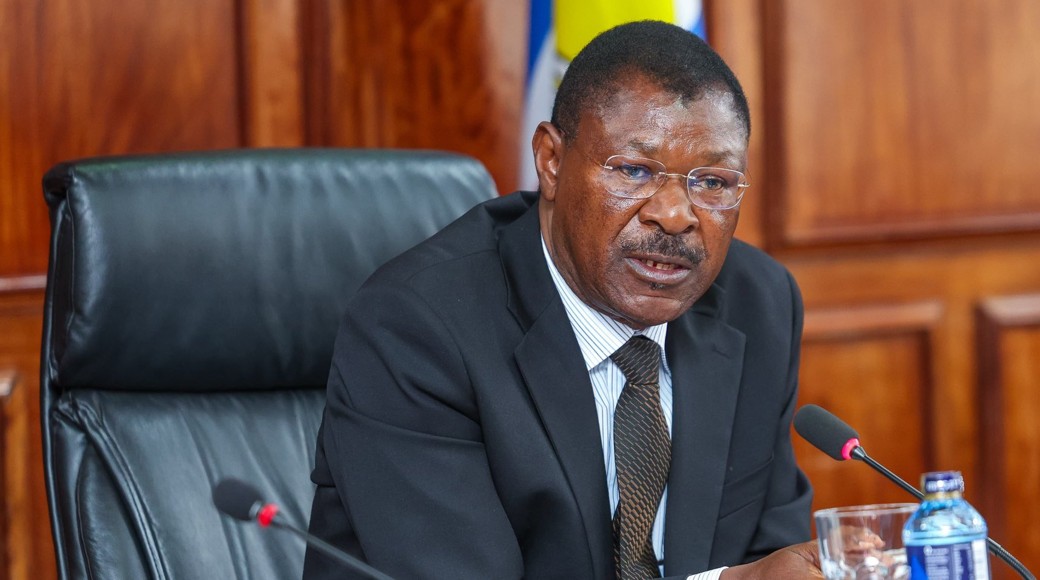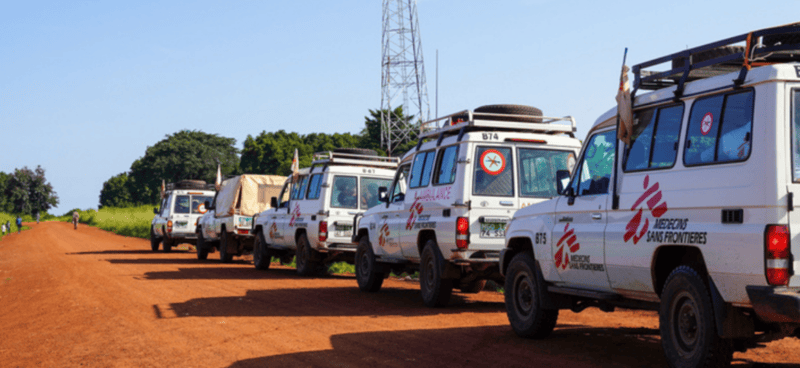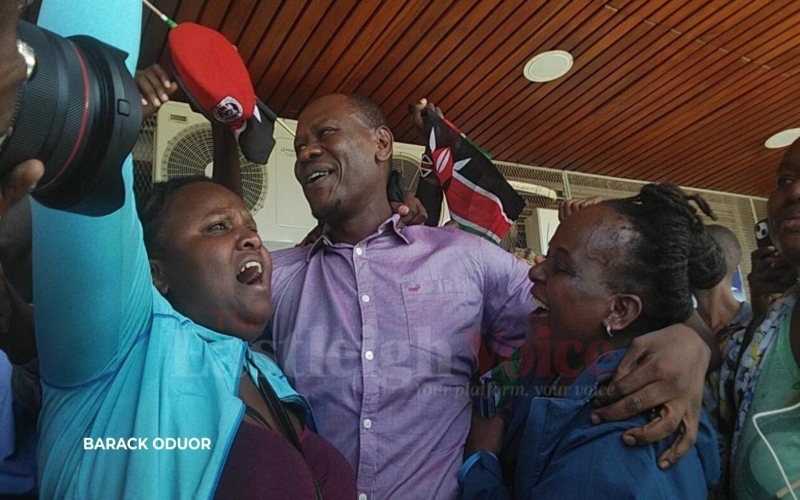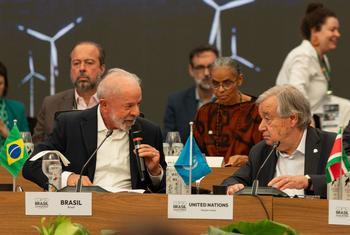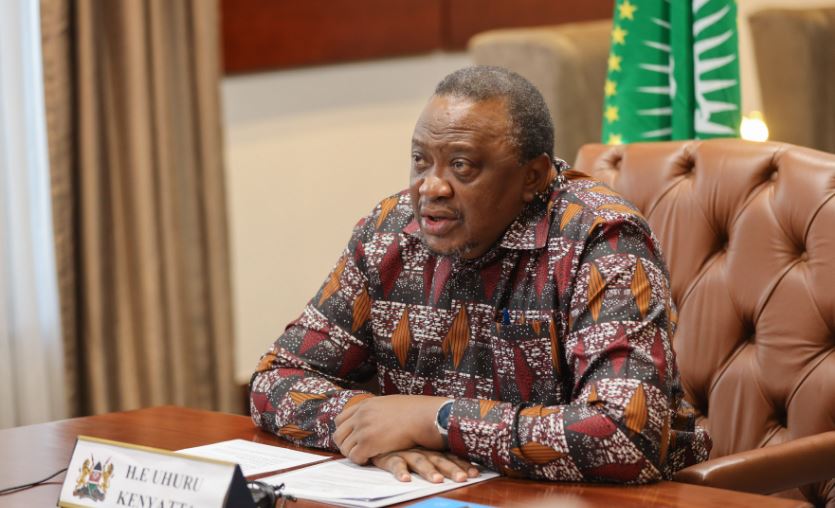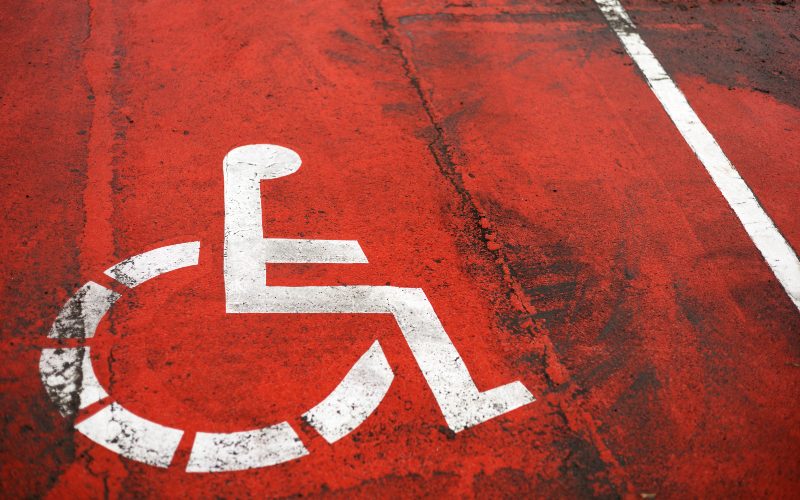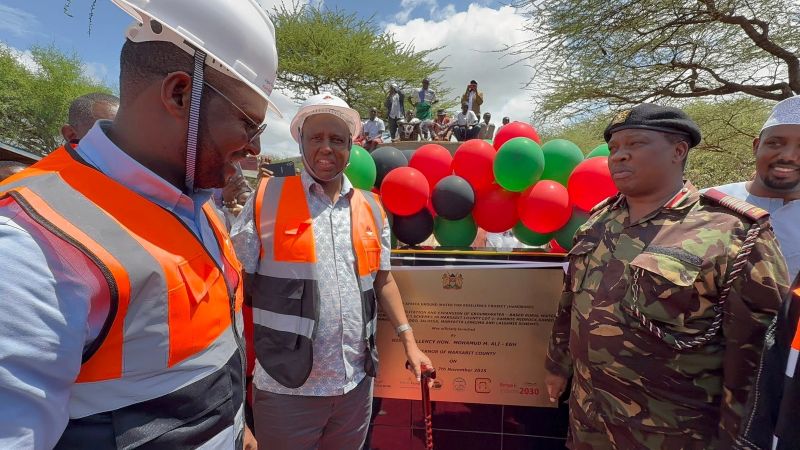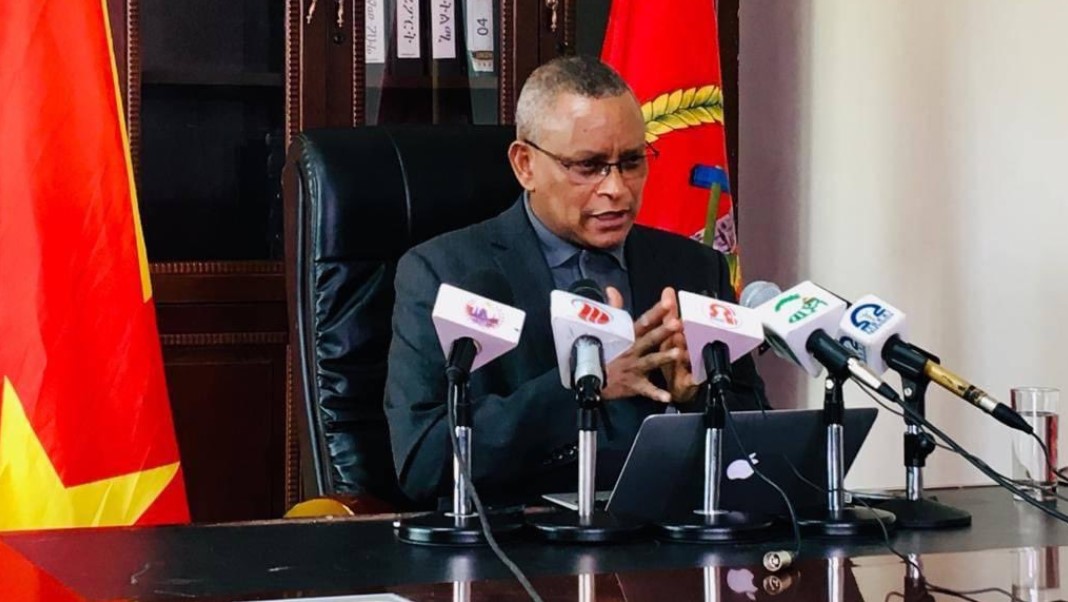Current carbon market landscape in bad shape - World Bank

The update, which delves into the bottlenecks currently impeding the growth prospects of the market, says the projected extended timelines are due to countries' regulatory hurdles, technical challenges and industry resistance.
As the rollout of a harmonised carbon trading system progresses across key regions, much remains to be done, particularly in developing nations like Kenya, according to a recent report.
Dubbed the 'State and Trends of International Carbon Markets' by the global lender World Bank, it says the still existing gaps will compel emerging markets to face extended timelines in coming up with a well-designed framework for trading.
More To Read
- Droughts wipe out up to 900,000 jobs annually in Africa - report
- World Bank urges shift to local currency loans in Africa
- World Bank warns soaring fertiliser prices could drive up Kenya’s food production costs
- Kenya among nine nations leading regional push to strengthen health systems against climate change
- Report paints Africa’s grim reality on poverty, inequality reduction
- IMF revises Kenya’s 2025 growth forecast upward to 4.8 per cent
The carbon credits and the carbon trade are usually authorised by governments to gradually reduce overall carbon emissions and mitigate their contribution to climate change.
The update, which delves into the bottlenecks currently impeding the growth prospects of the market, says the projected extended timelines are due to countries' regulatory hurdles, technical challenges and industry resistance.
"With over 50 programmes through numerous international organisations, countries and agencies, actively providing capacity building support across various aspects of carbon markets, the current landscape is fragmented," the World Bank says.
"This entails inconsistent messaging on key options and with duplication of efforts and gaps in support."
The lender therefore notes that harmonising and standardising capacity-building approaches, for instance around gap and readiness assessments and minimum common elements, would ensure that countries receive consistent support that can be tailored as relevant to their specific contexts.
"Coordinating capacity building efforts, particularly among initiatives with similar mandates, can facilitate knowledge exchange, identify challenges and gaps and align the roles of different organisations involved to avoid duplication and ensure impactful outcomes."
What is carbon trade?
Carbon trade refers to the buying and selling of credits that permit a company or other entity to emit a certain amount of carbon dioxide or other greenhouse gases.
In other terms, a company (X) in the country or from another jurisdiction whose activities result in substantive carbon emissions, pays firm (Y) pertaking greening initiatives as a token for offsetting the carbon emissions.
Ideally, company (Y) sells the carbon credits while company (X) becomes the buyer.
Despite the lack of a harmonised global standard for determining carbon credits and their value, World Bank notes that one credit equals one ton of reduced carbon emissions expressed in tons of CO2 equivalent (tCO2eq).
Country specific
Kenya is one of the few countries in the world with dedicated legislation on climate change.
The Climate Change Act 2016 provided a benchmark for a low-carbon transition, with the overall goal to mainstream climate change into development planning, decision making and implementation.
The Act has been pivotal in streamlining and prioritising sectoral assessments of climate change impacts.
To date, Kenya has proven its ability to generate a variety of financially viable, carbon projects, well before Article 6 was finalised.
During his speech at COP 27 in November 2022 in Egypt, President William Ruto predicted that Kenya's next significant export would be carbon credits.
However, these projects have been severely criticised for a myriad of issues, including allegations of exploitation of Kenyan farmers and local communities by carbon project proponents.
Skewed benefit-sharing arrangements, false reporting or measurement of carbon emission reductions, forceful evictions and overall cultural disruption, are further issues stemming from the venture.
Consequently, faith in the carbon market has been dwindling for some time now.
Notably, there have been unified calls for simplified, transparent carbon market systems that directly benefit communities and not just intermediaries, creating the impetus for recent legal developments in Kenya's carbon market space.
Fast forward, the Climate Change Act was revised in September 2023 to explicitly regulate Kenya's carbon markets.
The Carbon Market Regulations offer direction for policy regarding benefit-sharing arrangements as well as guidelines for creating and implementing carbon markets in accordance with international obligations.
The laws essentially aim to tackle the multiple allegations that contest the issuance of carbon credits.
In addition, the modified Climate Change Act mandates that all carbon trading projects go through an environmental and social impact assessment in addition to establishing a national carbon registry.
According to a recent MSCI report, more than 80 per cent of listed companies globally are not on track to meet their net-zero goals.
The research also suggests that companies are weakening their climate commitments, highlighting the challenges involved in reducing indirect emissions.
The support firm in the report also stressed the need for strategies and tools to achieve ambitious climate goals, including the selective and strategic use of carbon credits.
The carbon trading scheme is designed to cap greenhouse gas emissions and allow businesses to buy and sell emission allowances, and as the world grapples with escalating climate challenges, the successful and timely implementation of carbon trading remains critical.
This is for achieving meaningful reductions in carbon emissions and advancing global sustainability goals.
Legal framework
The World Bank in the report also emphasises the need to clearly define the legal nature of carbon credits as it is essential for financiers.
"Legal clarity builds trust and predictability for investors and ensures that carbon credits can be credibly and reliably created, traded, used and retired," the World Bank says.
"This clarity also enables the development of financial instruments that can securitise or be linked with carbon credits and investments in carbon projects.'
It adds that a clear legal framework also helps define the broader regulatory, tax and accounting treatment of carbon credits, which is crucial for fostering deep and liquid secondary markets and facilitating cross-border trading of credits.
It is therefore critical that such clarity is embedded in national carbon market policy frameworks and supported by capacity-building efforts, the World Bank says in part.
Top Stories Today
